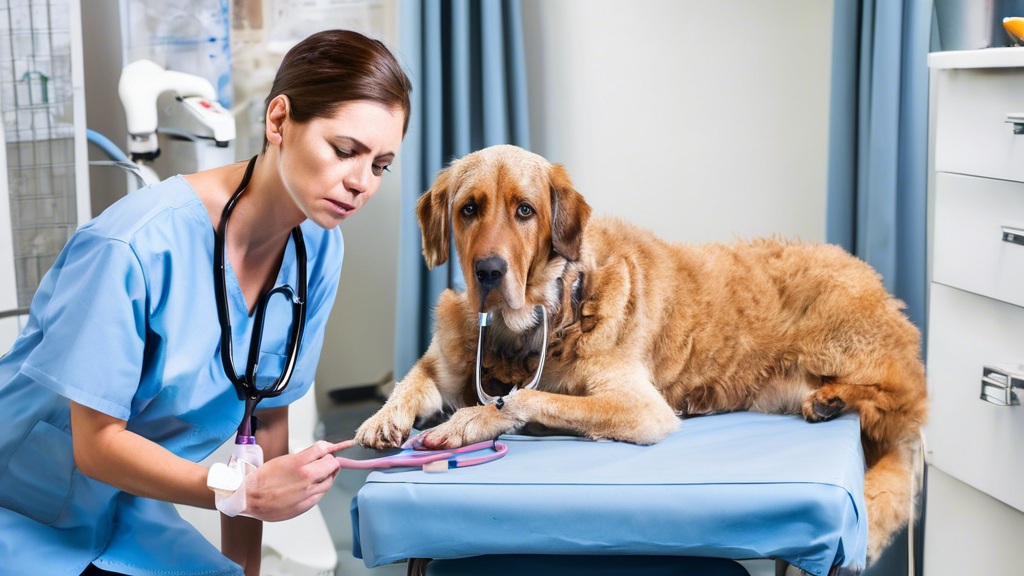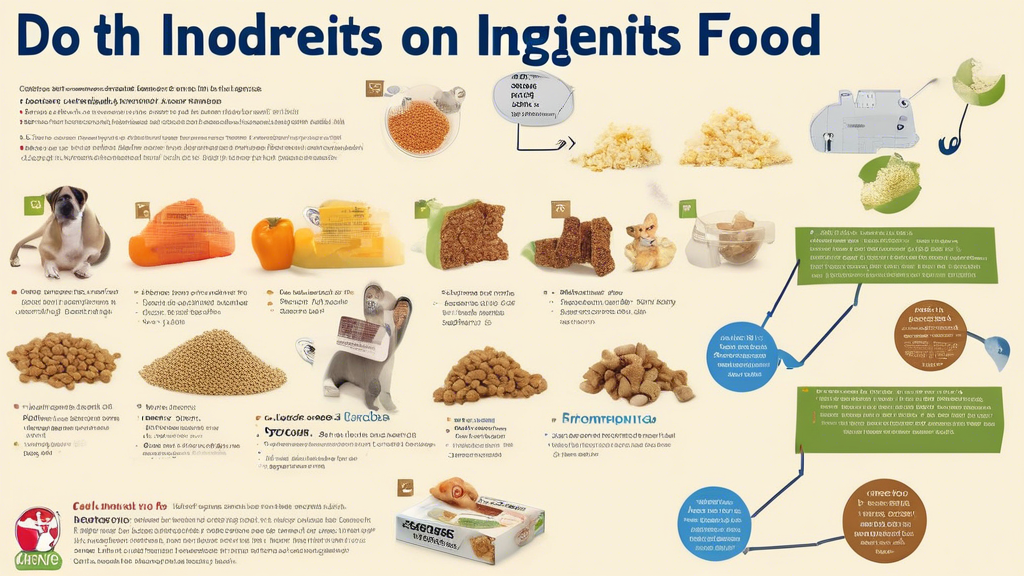What Causes Upset Stomach in Dogs?
Upset stomach, also known as gastroenteritis, is a common issue in dogs, causing symptoms such as vomiting, diarrhea, abdominal pain, and loss of appetite. While most cases are mild and self-limiting, some can indicate underlying health problems that require veterinary attention.
This guide will delve into the common and serious causes of upset stomach in dogs, providing a comprehensive understanding of this prevalent ailment.
Common Causes of Upset Stomach in Dogs
Dietary indiscretion is one of the most common causes of upset stomach in dogs. Scavenging or eating table scraps can introduce foods that are not part of the dog’s normal diet and can cause digestive issues.
A sudden change in diet can also cause an upset stomach. When changing a dog’s food, it’s important to do so gradually over a period of several days to allow the dog’s digestive system to adjust.
Food allergies or intolerances can also cause an upset stomach. Some dogs are allergic to certain proteins or ingredients in their food, which can lead to vomiting, diarrhea, gas, and other digestive symptoms.
Parasites are another common cause of upset stomach in dogs. Dogs can become infected with parasites such as roundworms, hookworms, whipworms, and tapeworms, which can live in the dog’s intestines and cause digestive problems.
Bacterial infections can also cause an upset stomach in dogs.
Bacteria such as E. coli and Salmonella can cause vomiting, diarrhea, and other digestive symptoms. Bacterial infections can be serious if not treated promptly.
The #1 Free Source for Pitbull & Bully Pedigrees!

## Serious Causes of Upset Stomach That Warrant Veterinary Attention
While minor gastrointestinal distress can often be managed at home, certain underlying conditions may necessitate prompt veterinary intervention. These serious causes, which require professional diagnosis and treatment, include:
### Pancreatitis
Inflammation of the pancreas can lead to severe abdominal pain, vomiting, and diarrhea. Dogs with pancreatitis may also display lethargy and dehydration. Early diagnosis and aggressive treatment are crucial to minimize tissue damage and prevent serious complications.
### Inflammatory Bowel Disease (IBD)
IBD is a chronic condition characterized by inflammation and irritation of the gastrointestinal tract. Symptoms can include chronic diarrhea, vomiting, weight loss, and abdominal discomfort. Diagnosis often involves biopsies and specialized testing to determine the underlying cause and appropriate treatment.
### Obstruction
Foreign body ingestion or other obstructions in the digestive tract can cause severe vomiting, abdominal pain, and constipation. Prompt veterinary intervention is essential to remove the obstruction and prevent life-threatening complications.
### Gastric Dilation-Volvulus (GDV)
GDV is a life-threatening condition in which the stomach twists and fills with gas. This can lead to bloat, extreme abdominal pain, and shock. Dogs with GDV require immediate veterinary attention to stabilize their condition and perform surgery to correct the twist.
### Liver Disease
Liver dysfunction can cause a range of symptoms, including vomiting, diarrhea, abdominal pain, and jaundice (yellowing of the skin and gums). Dogs with liver disease may also have a decreased appetite, weight loss, and lethargy. Early diagnosis and appropriate treatment are essential to support liver function and prevent further complications.
These serious causes of upset stomach require prompt veterinary attention to ensure proper diagnosis and timely treatment. If your dog experiences persistent or severe gastrointestinal symptoms, especially if accompanied by other signs of ill health, do not hesitate to consult your veterinarian for professional care.
**Conclusion**
Upset stomach in dogs can range from mild, self-resolving episodes to serious medical conditions that require veterinary attention. By understanding the common and serious causes of an upset stomach in dogs, pet owners can take steps to prevent and promptly address this common health issue.
For minor cases of upset stomach, dietary adjustments, such as a bland diet or limiting table scraps, may resolve the issue. However, if symptoms persist, worsen, or include signs of serious illness, such as vomiting, diarrhea, lethargy, or loss of appetite, veterinary consultation is essential. Early diagnosis and treatment of underlying medical conditions can prevent complications and ensure the health and well-being of your beloved canine companion.
Regular veterinary check-ups, proper nutrition, parasite control, and avoiding potential toxins or hazards can help minimize the likelihood of an upset stomach in dogs. By being informed and vigilant, pet owners can contribute to the overall health and happiness of their furry friends.











Leave A Comment